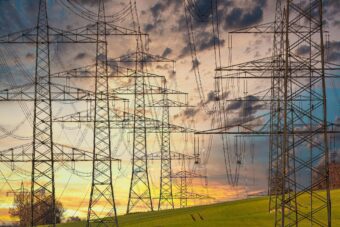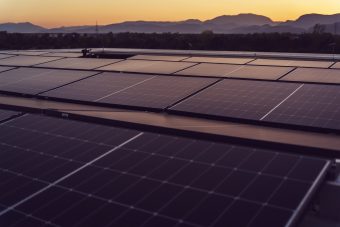
A public debate is currently underway on the Draft Law on Amendments to the Energy Law, which introduces significant changes in the energy sector in Serbia. Key innovations include the introduction of the concept of energy poverty, regulation of the balancing market, enabling end consumers to become active participants with variable price contracts, as well as the repeal of the Law on the Prohibition of Nuclear Power Plants in the Federal Republic of Yugoslavia.
The Draft Law on Amendments to the Energy Law introduces the concept of energy poverty for the first time, defining it as a condition where households lack adequate access to basic energy services necessary for a dignified life, such as heating, lighting, hot water, and powering household appliances.
This condition is a result of factors such as high energy prices, low income, poor energy efficiency of households, and unfavorable social status. The Ministry, in cooperation with relevant institutions, will define criteria for identifying and addressing this issue, in line with international standards.
More:
- Latin America and the Caribbean Launch First Regional Eco-Labeling Programme
- Is China on the Brink of an Era of Maximum Nuclear Energy Development? – Where are New Reactors Emerging?
- Local Resistance Against Lithium Mines – A Global Phenomenon
End Consumers Can Enter into Variable Price Contracts
The Draft Law allows end consumers to enter into electricity contracts with variable prices if they have installed advanced meters. All costs, risks, and conditions of such contracts must be clearly presented to the consumer. If an advanced meter is not installed, consumers can request its installation.
The law also allows consumers to enter into aggregation contracts with independent aggregators without the need for approval from the existing supplier. These contracts have the potential to bring greater flexibility and competition to the market.
The Return of Nuclear Energy
Another new provision is the Development Program for Nuclear Energy, which consists of three phases: feasibility assessment, development, and implementation of the program. This includes preparing analyses, studies, and strategies for the peaceful use of nuclear energy, with the possibility of building nuclear facilities for electricity production.
Although this law opens the door for the return of nuclear energy in Serbia, the final decision will depend on the results of studies and strategies that would need to be approved by the National Assembly.
Regulating the Balancing Market: Security and Transparency

The balancing market for electricity will be regulated to ensure non-discrimination among market participants, including power plants, energy storage facilities, and demand-side management facilities. Ancillary services will be defined in a technology-neutral manner and procured according to market principles, while the price of balancing energy will be determined by the marginal cost method. From January 2025, settlement intervals will not exceed 15 minutes, except in cases of approved exemptions.
We remind you that the public debate on the Draft Law will last until September 10, 2024. Participants in the debate include representatives of state bodies, public services, economic entities, the professional public, and other interested parties. After the debate concludes, the Ministry of Mining and Energy will analyze all comments and suggestions, after which it will publish a report on its website and on the “eConsultations” portal.
These changes to the Energy Law are designed to improve Serbia’s legal and economic framework for a functional energy market, align with the EU’s legal standards, and ensure energy supply security and environmental protection.
Energy Portal

